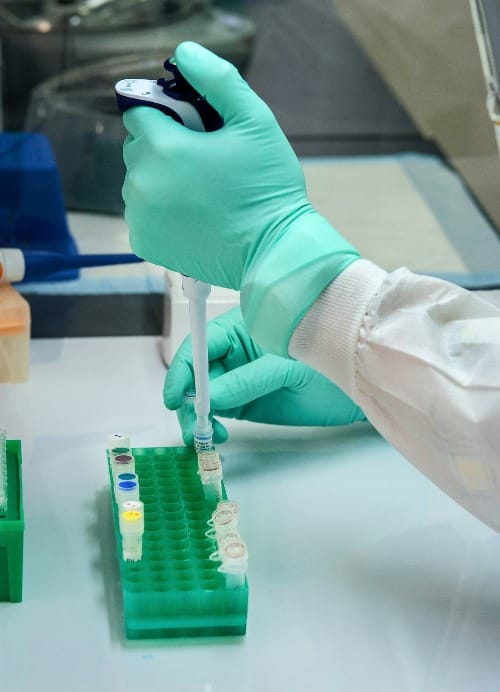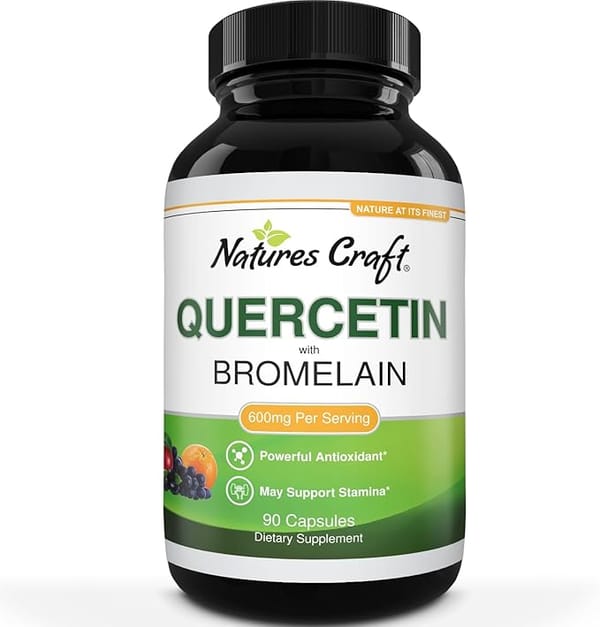Ginkgo biloba, a traditional herbal remedy, has been extensively studied for its potential cognitive benefits, particularly in improving memory and brain function. While some research suggests it may help protect against cognitive decline and support brain health in conditions like Alzheimer's and dementia, other studies, including a large-scale trial published in the Journal of the American Medical Association, have found no significant impact on age-related cognitive decline. Despite mixed results, ginkgo biloba remains a popular supplement, with proponents advocating its use for enhanced mental performance and overall cognitive health.
Mechanisms of Action: How Ginkgo Biloba Affects the Brain
Ginkgo biloba exerts its effects on the brain through multiple mechanisms, primarily involving antioxidant, anti-inflammatory, and vasodilatory actions. The active compounds in Ginkgo biloba, such as flavonoids and terpene lactones, play crucial roles in these processes.
One of the primary mechanisms is the enhancement of cerebral blood flow. Ginkgo biloba promotes vasodilation by stimulating the release of endothelium-derived relaxing factors like nitric oxide and prostacyclin, which improve blood circulation in the brain and peripheral tissues[2][5]. This increased blood flow can help alleviate symptoms of cerebral insufficiency and support cognitive functions.
Ginkgo biloba also acts as a potent antioxidant, scavenging free radicals and protecting neurons from oxidative stress and apoptosis. This neuroprotective effect is particularly beneficial in conditions associated with aging, cerebral ischemia, and neurodegenerative disorders[5]. The flavonoids in Ginkgo biloba inhibit lipid peroxidation and reduce oxidative damage, while terpene lactones, such as bilobalide, delay hypoxic glycolysis onset, further protecting brain cells from damage[5].
Additionally, Ginkgo biloba exhibits anti-inflammatory properties by modulating neurotransmitter pathways and inhibiting the production of pro-inflammatory cytokines. This action helps reduce inflammation in the brain, which is a common feature in neurodegenerative diseases like Alzheimer's[1][2]. The extract also inhibits platelet-activating factor, which can prevent blood clot formation and improve overall vascular health[3].
Ginkgo biloba's effects on neurotransmitter systems include the modulation of cholinergic transmission, which is crucial for memory and cognitive functions. The extract has been shown to modestly inhibit anticholinesterase activity, leading to enhanced cholinergic transmission in the brain[5]. This pro-cholinergic effect may explain some of the cognitive benefits observed in studies involving Ginkgo biloba[4].
In summary, Ginkgo biloba affects the brain through a combination of increased cerebral blood flow, antioxidant and anti-inflammatory actions, and modulation of neurotransmitter systems. These mechanisms collectively contribute to its potential cognitive benefits and neuroprotective effects.
Comparative Studies: Ginkgo Biloba vs. Placebo
Comparative studies on Ginkgo biloba versus placebo have yielded mixed results regarding its efficacy in improving cognitive function and treating dementia. A systematic review and meta-analysis of nine trials involving 2,372 patients with Alzheimer's disease, vascular, or mixed dementia found that Ginkgo biloba was more effective than placebo in improving cognition, with a standardized mean difference (SMD) of -0.58 (95% CI -1.14; -0.01, p = 0.04)[2]. However, the same analysis did not show a statistically significant difference for activities of daily living (ADLs) (SMD = -0.32, 95% CI -0.66; 0.03, p = 0.08)[2].
In contrast, a Cochrane review highlighted the inconsistency and unreliability of evidence supporting Ginkgo biloba's benefits for dementia and cognitive impairment. Among the four most recent trials, three found no difference between Ginkgo biloba and placebo, while one reported significant treatment effects in favor of Ginkgo biloba[3]. This review also noted that many early trials had methodological flaws, such as small sample sizes and short durations, which could contribute to the mixed findings[3].
A large-scale, double-blind, placebo-controlled trial involving 513 outpatients with mild to moderate Alzheimer's disease did not show significant differences between Ginkgo biloba and placebo for the overall sample. However, a subgroup of patients with neuropsychiatric symptoms exhibited better cognitive performance and global assessment scores when treated with Ginkgo biloba compared to placebo[4].
Another study focusing on cognitively intact older adults found that those who received 180 mg of Ginkgo biloba extract (EGb 761) daily for six weeks showed significant improvements in delayed recall and recognition tasks compared to placebo controls. These findings suggest potential benefits in specific cognitive domains, although the results should be interpreted with caution due to baseline differences between groups[1].
Overall, while some studies indicate that Ginkgo biloba may offer cognitive benefits over placebo, particularly in certain subgroups or specific cognitive tasks, the evidence remains inconsistent. Further large-scale, well-designed trials are needed to conclusively determine its efficacy.














Member discussion